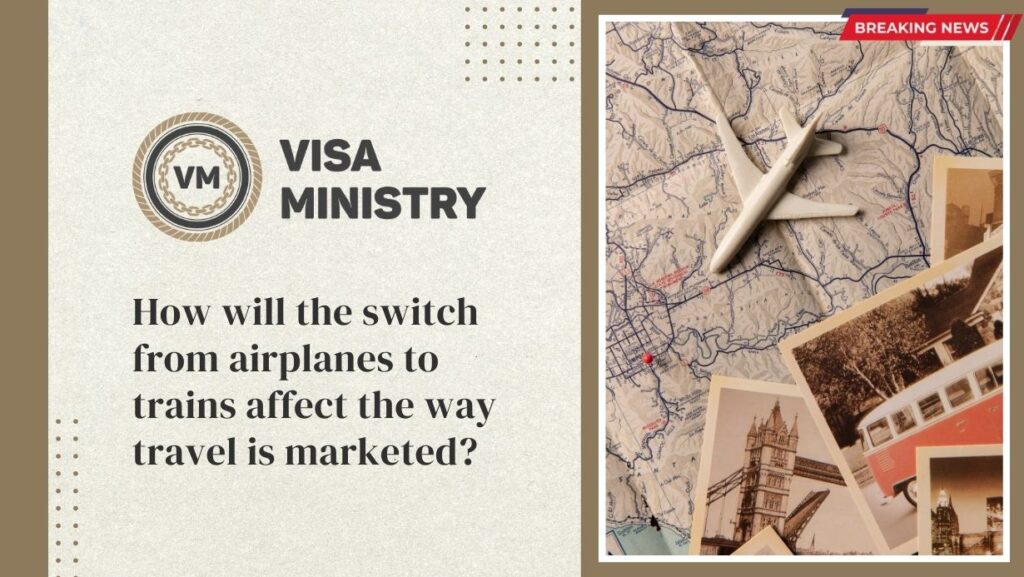What does this mean for the broader travel sector, given that France has banned domestic flights when there is a rail alternative and major European carriers like Air France, KLM, and Lufthansa are backing the change? How can travel agents and B2B suppliers participate in and support this crucial climate initiative? To learn more, we consult experts from all facets of the travel value chain.
According to Alice Ferrari of aviation technology company Kyte, there is a commercial potential for airlines in the rail boom. “The shift to rail doesn’t mean airlines need to lose out,” she tells us. “Future-focused carriers have already realized there is an economic opportunity, thanks to airlines like KLM. Airlines should consider intermodality, which involves providing several modes of transportation for a traveler’s whole journey, and provide travelers with options for using public transportation on some or all of their itineraries. Additionally, airlines can consider forming partnerships with train businesses to acquire and sell rail seats and simply count this as an additional source of revenue. Travel agencies, including airlines and train carriers, must be prepared to plug and play with several travel apps and itinerary-planning tools as multimodal transit becomes more significant to consumers.
The switch to rail is, however, hampered by a number of real-world obstacles. Many booking systems and third parties are not adequately set up to manage the B2B payment with rail providers automatically, or even at all, according to Spencer Hanlon of the worldwide real-time payments platform Nium. We must collaborate to find quick solutions to these problems in order to meet the growing demand for rail. The industry may not be ready to accept rail bookings in bulk at this time due to the complexity of rail ticketing, the variety of providers and schedules, as well as the possibility of cancellations or rebookings.
I firmly believe that rail is and will continue to develop as an alternative to air for any route that can be covered in less than four hours by train, says Emilie Dumont, Managing Director at Digitrips, the company that owns the popular French multi-product travel platform MisterFly. In the upcoming years, high-speed train improvements will also be beneficial. Train travel is practical because stations are located inside cities, there are no security lines, and passengers can arrive as little as ten minutes prior to departure and still enjoy comfort and wifi onboard. The primary problem I notice is with carbon estimations; the approach is a little out of date compared to air… However, I see progress in this. In 2024, we also intend to improve our rail services, offering our B2B clients train-inclusive travel options.
As a last point, Andres Fabris of Traxo, the sole supplier of real-time business travel data capture in the globe, points out that booking train tickets presents a substantial challenge. According to Fabris, “Many business travelers avoid official booking channels because rail reservations are complicated and there aren’t enough options in standard corporate booking systems or through Travel Management Companies (TMCs).” This issue hinders the promotion of train travel despite its significant advantages for lowering the company’s carbon footprint, not to mention it leaves travel managers who are responsible for duty of care in the dark. For enterprises to adopt train travel, capture technology like ours that can capture rail reservations wherever they are made is essential.
Source- Travel daily

